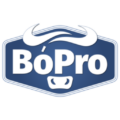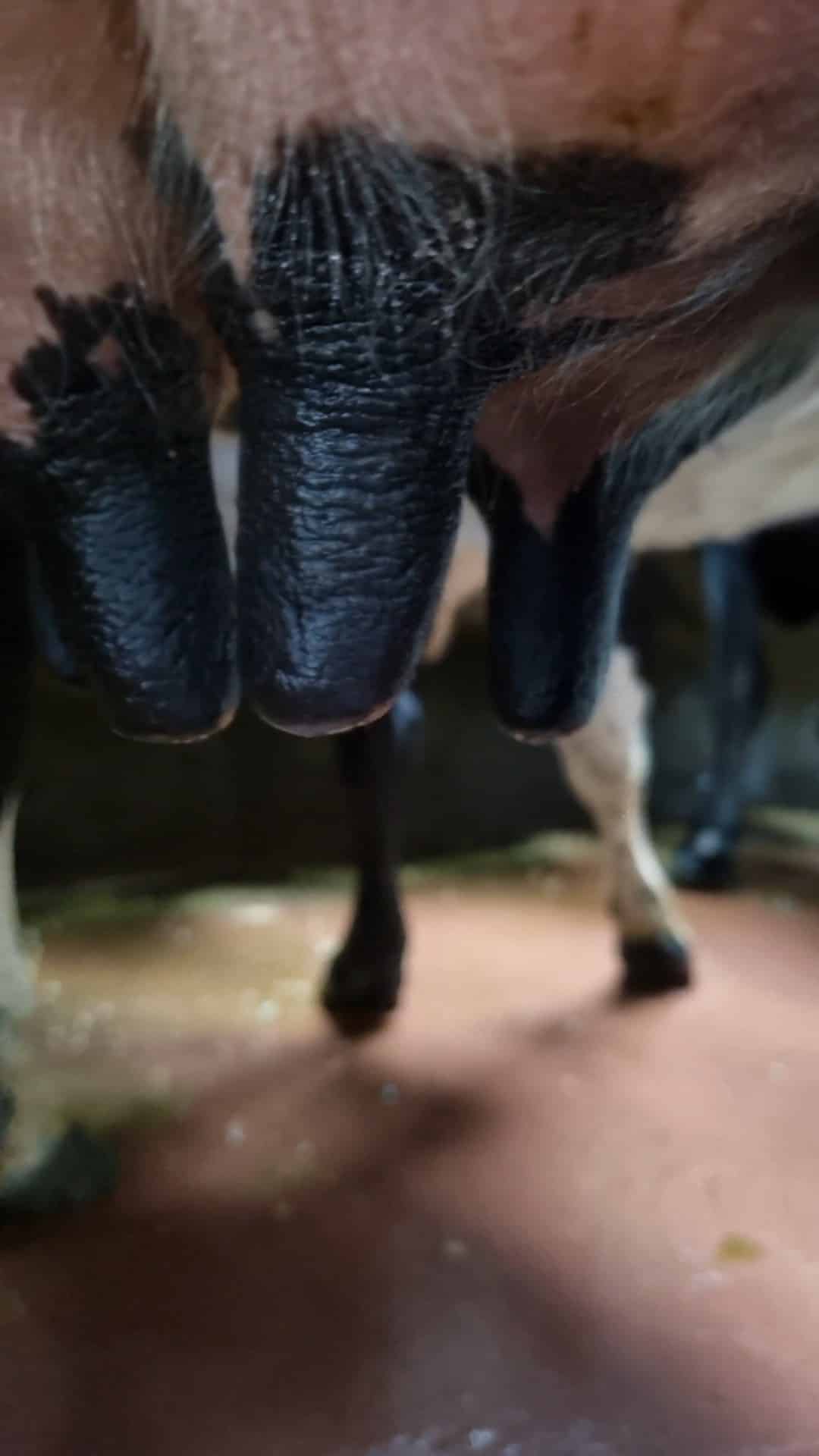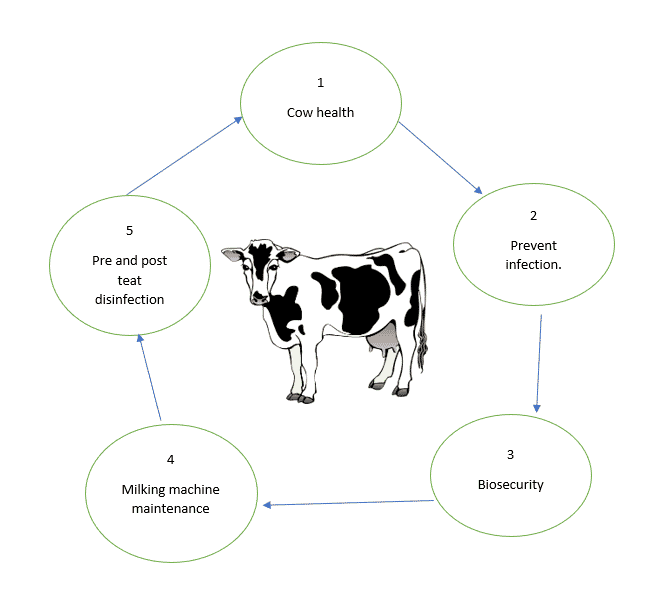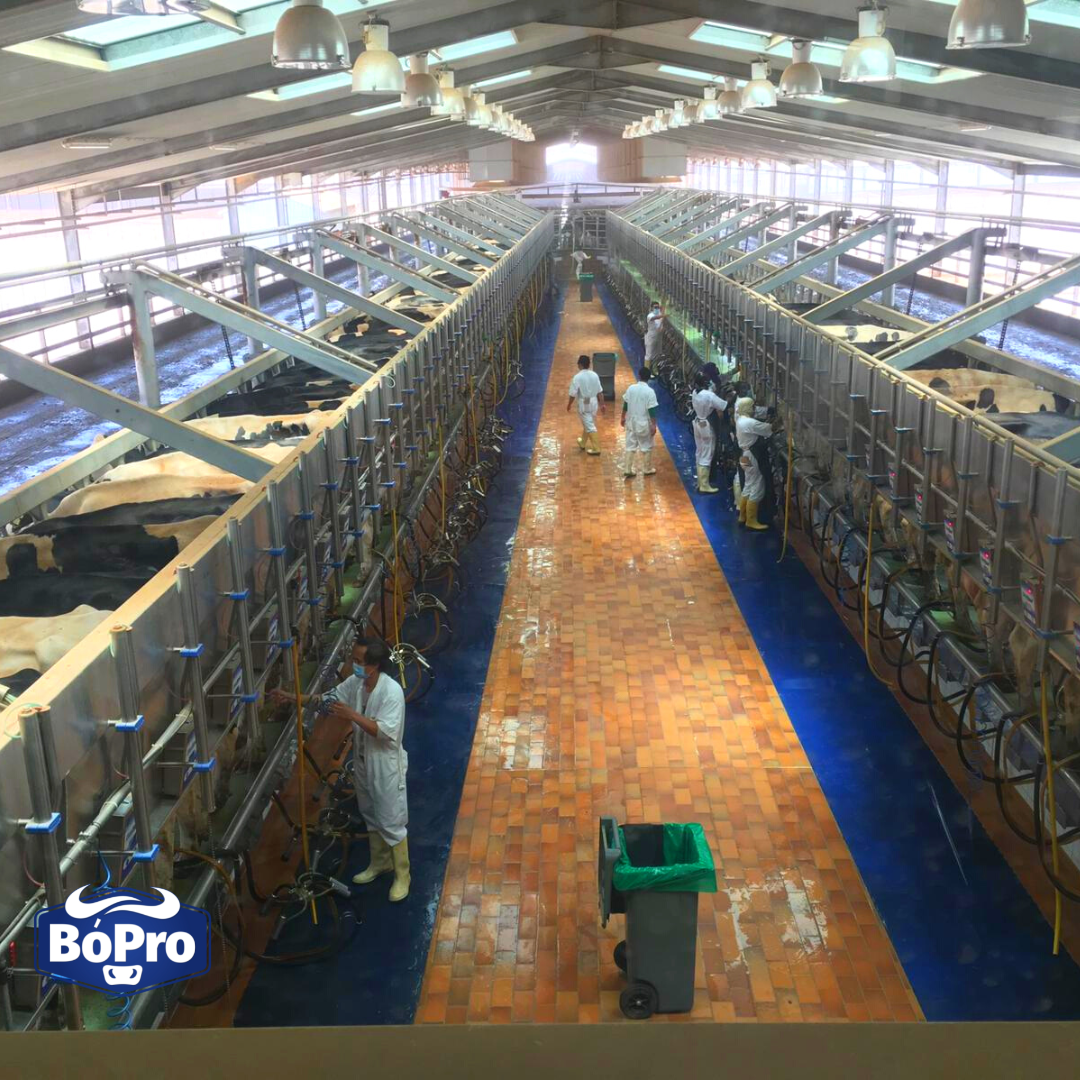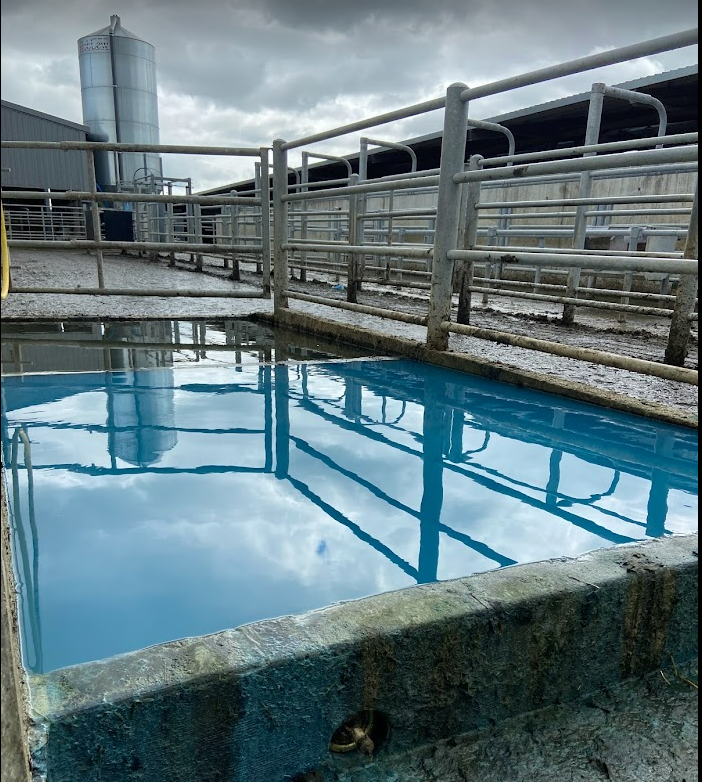1. Apply effective pre and post milking teat disinfection.
Protect against mastitis caused by contagious bacteria Staphylococcus aureus, Streptococcus agalactiae, and Mycoplasma species by ensuring effective disinfection of the cow teat pre and post milking. Contagious bacteria are spread from cow to cow by milking equipment after it has come in contact with the cow teat where these bacteria reside.
2. Prevent entry of microorganisms into mammary gland.
Prevent entry of microorganisms into the mammary gland by assessing the integrity of the teat surface. Thermoduric bacteria can come in contact with the teats through dust in the summer months, and silage effluent can be a culprit – organic matter/ dirt may not always be visible on the teats but that doesn’t mean it’s not there. Use protective teat spray solutions which aid in maintaining the structural integrity of the skin and its collagen.
3. Biosecurity – Control the presence of microbes in cow housing environment.
Applying an effective cleaning and disinfecting protocol to remove faecal matter and microorganisms from the cow housing environment. Faecal matter is the source of E. coli and Strep uberis which are some of the main bacteria associated with mastitis in cows. This will ensure no environmental transmission of bacteria which can infect the cow mammary gland causing mastitis.
4. Milking machine maintenance.
Ensure milking machines are cleaned and maintained. Disinfect milking equipment with an effective disinfectant solution to ensure no live bacteria are present before use. Milking machines can affect udder health by damaging or changing the resistance of the cow’s teat skin, teat canal, and mucosal tissue. It is important to ensure no bacteria spread from the milking equipment to the teat skin.
5. Ensure cow health and teat health.
Ensuring the cows are healthy with adequate food and water supply, this is essential to keep cow immunity optimal. Ensure cows are free from other infections such as parasites (Cryptosporidium or fluke) and bacterial infections (TB, Lepto). Keeping animals free from disease makes them more resistant to intramammary infections and mastitis. Observe somatic cell counts as an early indicator of infection in the cow and segregate infected animals.
Our range of teat sprays are highly effective in the control of mastitis and our farmers are achieving their lowest SCC’s ever. Check out the teat spray range.
